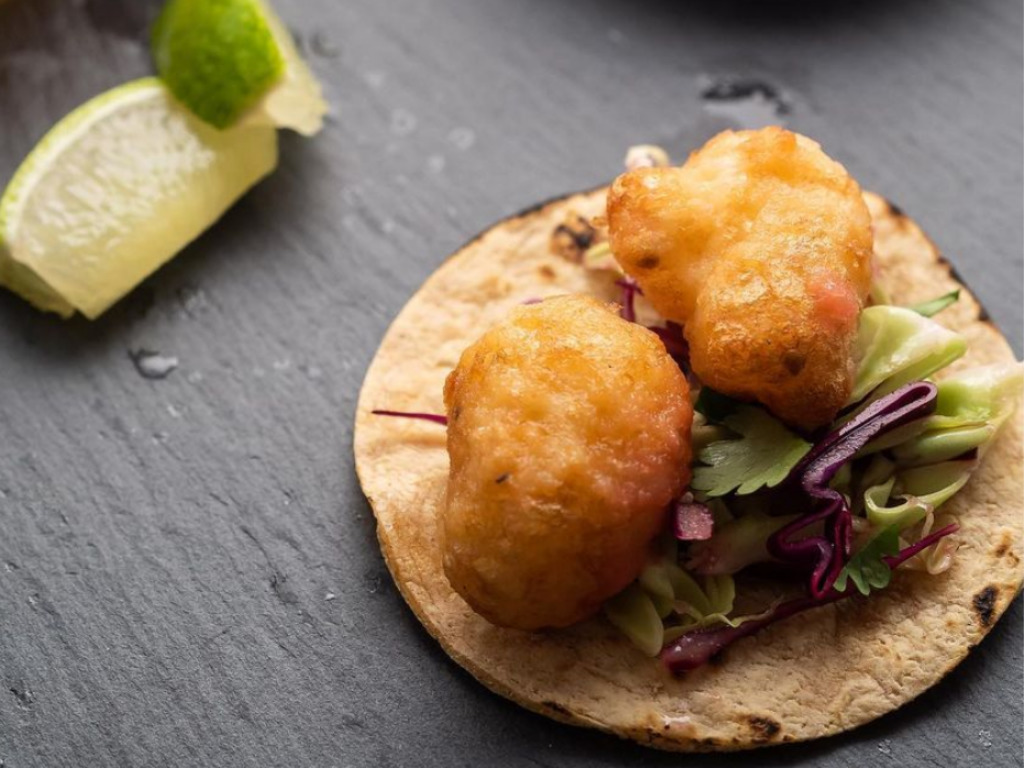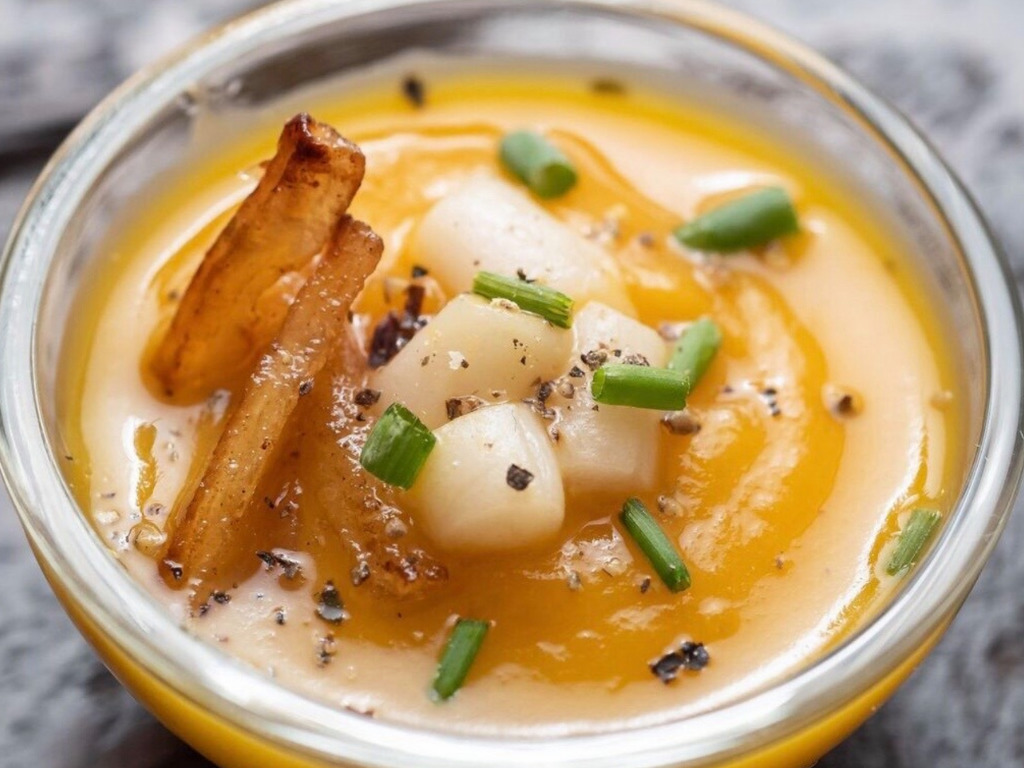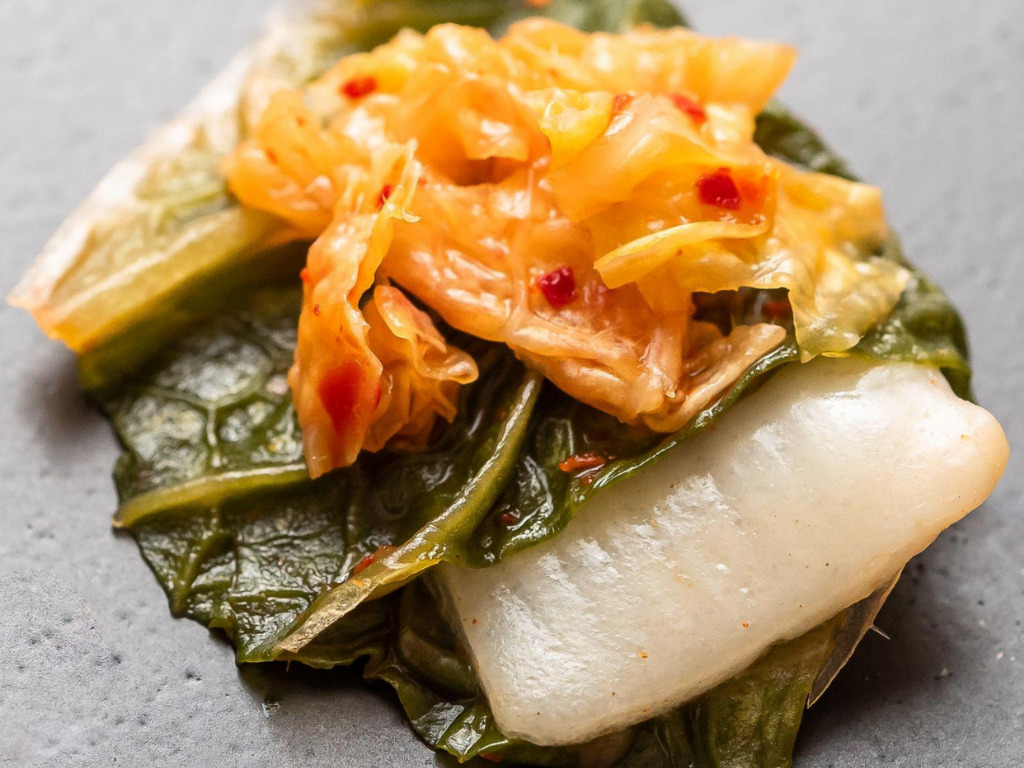BlueNalu Announces Framework to Achieve Highest Quality Standards for Cell-Cultured Foods
4 Mins Read
Food tech startup BlueNalu announced a framework designed to achieve the highest standard for food safety, quality, and traceability for its cell-cultured seafood products. It has committed to pursuing an internationally recognized third-party certification which ensures the quality of the products beyond just domestic regulatory requirements.
Californian food company BlueNalu develops a variety of seafood products from fish cells. It has now committed to the highest possible global food safety standards for its products. It aims to receive third-party certification recognized by the international Global Food Safety Initiative (GFSI). This includes the Safe Quality Food (SQF) program which will ensure that its products meet global regulatory requirements.
GFSI certification programs
Recognized internationally by leading retailers and foodservice operators, the GFSI certification programs help set global standards for food products. Completely voluntary, the programs adhere to a consistent standard which demonstrates the safety and quality of the products. This is validated by independent third-party audits.
President and CEO of BlueNalu, Lou Cooperhouse, said it is committed to becoming a globally leading cell-cultured seafood producer. “(BlueNalu wants to be) recognized for the highest caliber of safety, quality, and traceability. Food quality and safety are core values at BlueNalu and it is especially important that we not only meet regulatory requirements, but also establish the highest standards to achieve trusted third-party certification,” Cooperhouse said in a statement.

Food quality and safety are core values at BlueNalu and it is especially important that we not only meet regulatory requirements, but also establish the highest standards to achieve trusted third-party certification
Lou Cooperhouse, president & CEO of BlueNalu
Commitment to the highest caliber of safety and quality
BlueNalu’s director of quality assurance and regulatory affairs, Noreen Hobayan, MSc, PCQI is leading these initiatives. She brings more than 25 years of experience in global quality systems for the food, pharmaceutical, and medical device industries.
Hobayan is responsible for setting up a quality systems framework for the company and 100+ procedures and policies to enable product safety and supply chain transparency. This will help BlueNalu to stay on track for both FDA regulatory inspection and third-party certification.
“It’s imperative that we create a culture of food safety and put comprehensive systems in place to enable traceability of our supply chain,” said Hobayan. “We’re committed to laying the groundwork early for a scalable, top-tier food safety and quality management system that we intend to replicate globally in markets that we enter. By pursuing the highest caliber of safety, quality and traceability in our food production processes, we hope our commitment and leadership raises the industry standard for other companies in our category.”
Strengthen regulatory compliance
BlueNalu selected TraceGains, one of the global leaders in compliance, quality, and innovation software to prepare for its market entry and regulatory compliance.
TraceGains’ configurable system will help the company in quality control safety data collection. This can be reviewed in a electronic database with real-time information into plant floor and quality operations.
In addition, this partnership marks BlueNalu’s transition from pharmaceutical-grade to food-grade sourcing of food-safe elements. This is crucial for limiting costs and establishing price parity for its cell-cultured seafood products.
Read: Cultivated Meat Has 92% Lower Climate Impact & Will Reach Price Parity By 2030, Says New Research
We’re committed to laying the groundwork early for a scalable, top-tier food safety and quality management system that we intend to replicate globally in markets that we enter
Noreen Hobayan, director of quality assurance and regulatory affairs, BlueNalu

BlueNalu’s current quality systems framework
- Food Safety Culture – Expanding its Quality Assurance department, the company is promoting a food safety culture with the help of trainings and assessments.
- Quality Assurance Systems – This system is based on GFSI requirements and includes supplier quality management, and a comprehensive food safety plan along with a seafood Hazard Analysis and Critical Control Point (HACCP) strategy.
- Advanced Quality Control – Traditional test methods and new techniques are being developed to assess the quality and safety of the cell-cultured seafood.
- Tools and Analytics – To supervise supplier performance, track and trend process data, handle documentation and training, BlueNalu will execute TraceGains software, among others.
- Certifications and Claims – BlueNalu is pursuing SQF and other third-party certifications to verify claims associated with safety, sustainability and health.
Through small-scale market testing, the company is looking to launch its cell-cultured mahi mahi, bluefin tuna and other species in late 2021. These will be produced at its San Diego pilot-scale food production facility spanning 40,000 sq. ft. Apart from this, it will set up the first large-scale, regional production facility and both these establishments will follow Good Manufacturing Practices (GMP) guidelines.
In a record-breaking cell-based funding round, the food tech secured US$60 million in convertible note financing. The capital will go towards its first commercial pilot facility and its market launch plans. It also partnered with leading Asian seafood behemoths Thai Union and Mitsubishi Corporation to speed up the commercialisation of its products for consumers across the Asia-Pacific region.
According to a recent report, the cultivated protein market has the potential to reach US$25 billion by 2030. Researchers agree that this industry could end up supplying “much as a half of 1%—billions of pounds—of the world’s meat supply” by the end of the decade.
Lead image – yellowtail amberjack cell-based whole-muscle product prepared as kimchi, courtesy of BlueNalu.




